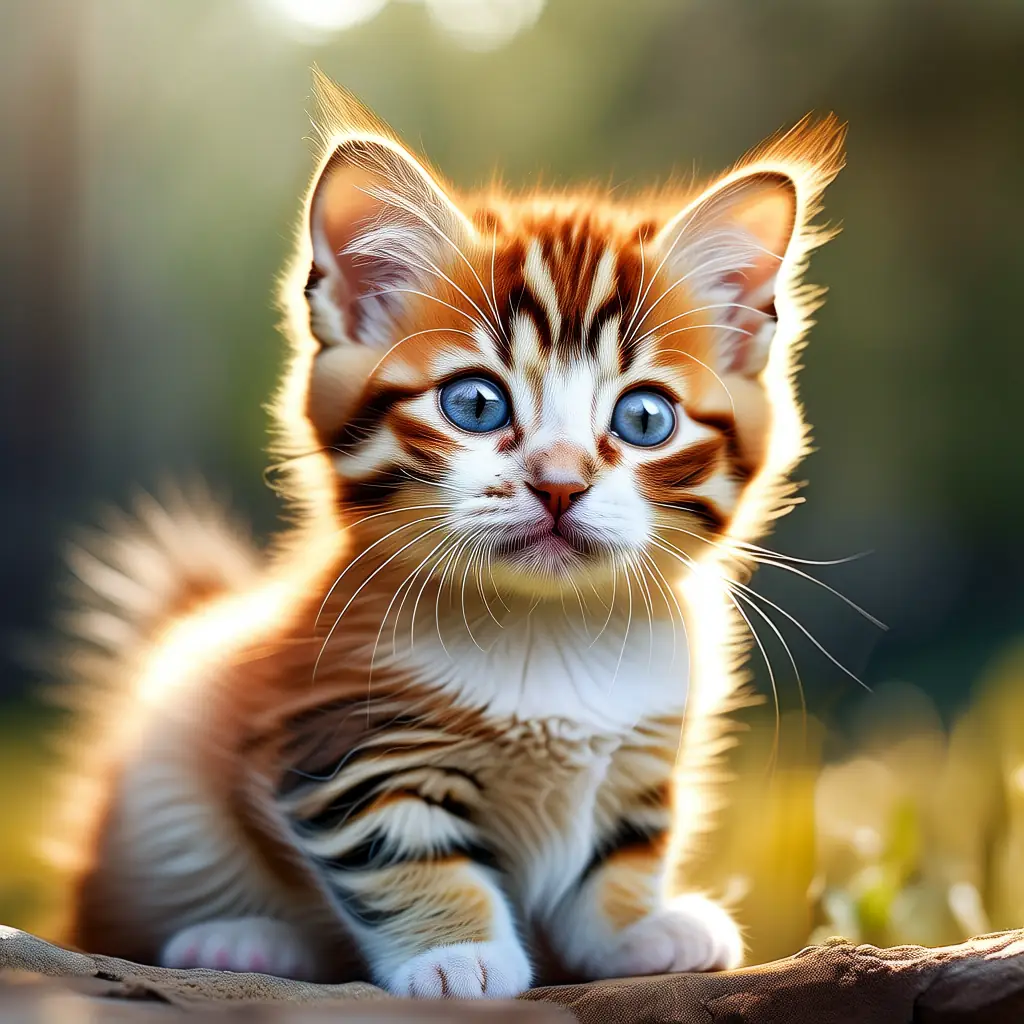Feeding Finesse: Special Diets for Your Feline Friend
Every cat is unique, and so are their dietary needs. Whether your pet has a medical condition, allergies, or just a sensitive tummy, understanding and catering to these special requirements can make a world of difference in their health and happiness. A well-tailored diet not only keeps them purring but also helps prevent more serious health issues down the road.
Start by consulting with your vet to pinpoint any specific dietary needs. For instance, if your cat has kidney issues, a low-protein, high-moisture diet might be recommended. If it's a matter of food sensitivities, switching to a limited-ingredient diet could work wonders. Always introduce new foods gradually to avoid upsetting their stomach. For example, mix a small amount of the new food with their current diet and slowly increase the proportion over a week.
One common mistake is assuming that all "special" diets are created equal. Just because a food is labeled as "grain-free" or "sensitive stomach" doesn't mean it's right for your cat. Always check the ingredient list and nutritional content to ensure it aligns with your vet’s recommendations. Also, keep an eye on your cat's response to the new diet; if they show signs of discomfort or lack of interest, it might be time to try something else.
- Consult your vet before making any major dietary changes.
- Introduce new foods gradually to prevent digestive upset.
- Read labels carefully and choose foods that match your cat's specific needs.
- Monitor your cat's reaction to the new diet and adjust as necessary.
